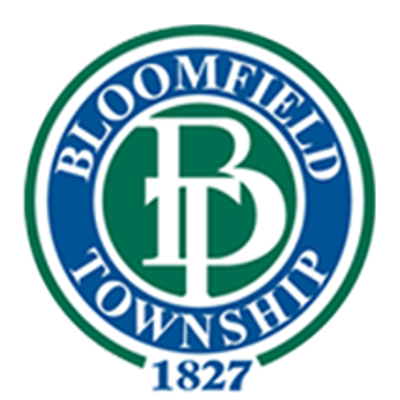Is this a new tax? A new SAD? Wasn’t this issue on the
ballot in 2022?
Bloomfield Township has three dedicated public safety millages. That means those funds can only be used towards public safety costs. In 2022, voters approved a new public safety millage that combined two existing millages due for renewal into one. This current renewal is not a new tax or SAD, but would renew an existing millage. And due to Headlee Amendment rollbacks it will be levied at a lower rate not to exceed $.6474 per $1,000 of taxable value instead of the millage’s initial rate of $1.0. If the millage expires the Public Safety fund would lose 4 million dollars in revenue or approximately 9% of its budget.
Why is this on the ballot now if the current millage does not expire until December 2025?
No elections are currently scheduled in 2025. By appearing on the August Presidential Primary ballot, the Township avoids any costs incurred by holding a special election in 2025. Additionally, knowing the result of the vote allows for better planning in advance than waiting until the expiration is close.
What can voters expect if the renewal is approved?
The Public Safety Fund maintains and residents continue to receive the first-class service they have come to expect. Available positions are able to be filled and public safety can budget for the technology and training that makes them leaders in the field.
At the April 2024 Board of Trustees Meeting, ballot language was approved for the August primary on a public safety millage renewal. What is the ballot language?
Shall the Charter Township of Bloomfield renew and continue to levy the voter authorized public safety tax levy of .6474 mills, due to expire in 2026, authorizing a levy of $.6474 per $1,000 of taxable value to finance the Charter Township of Bloomfield’s continued providing of fire, police, and public safety protection, for a period of 10 years, with the renewed millage to be levied commencing in December 2026. This renewal public safety millage will be subject to applicable statutory and constitutional tax limitation provisions at the time of the levy and will not exceed the above stated rate. It is estimated that this proposal would result in the authorization to collect $4,000,000 in the first year if approved and fully levied.
Shall this proposal be adopted?
